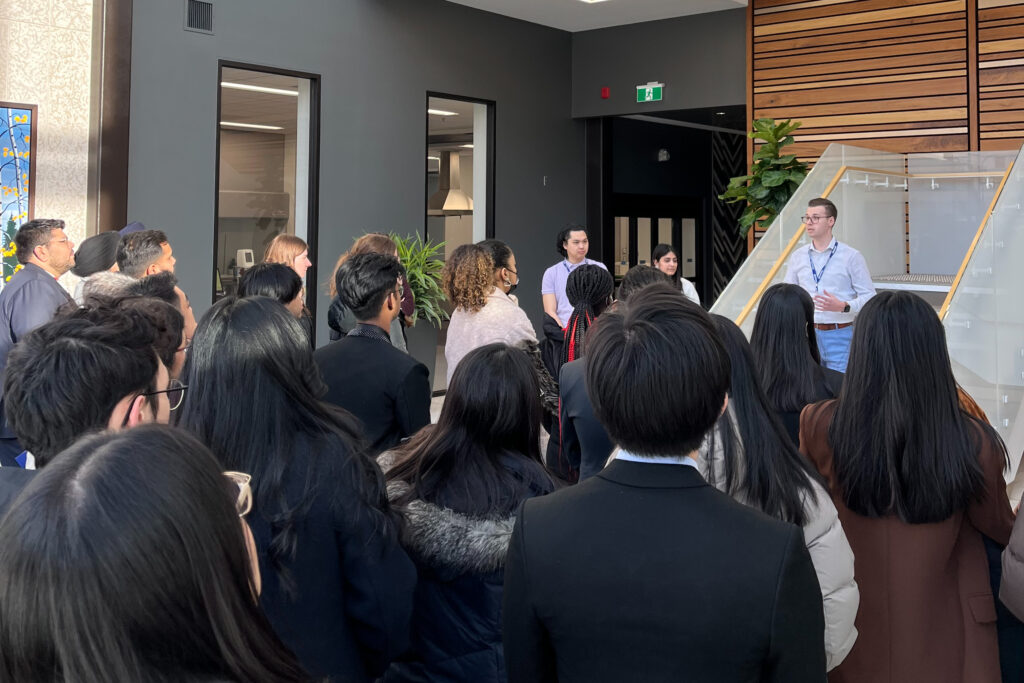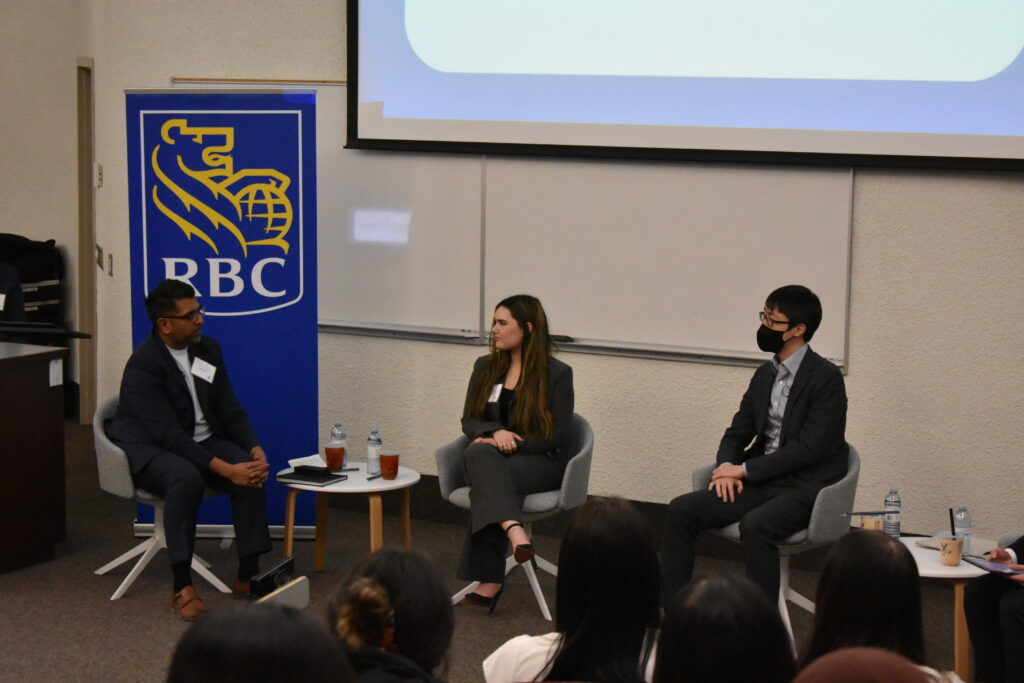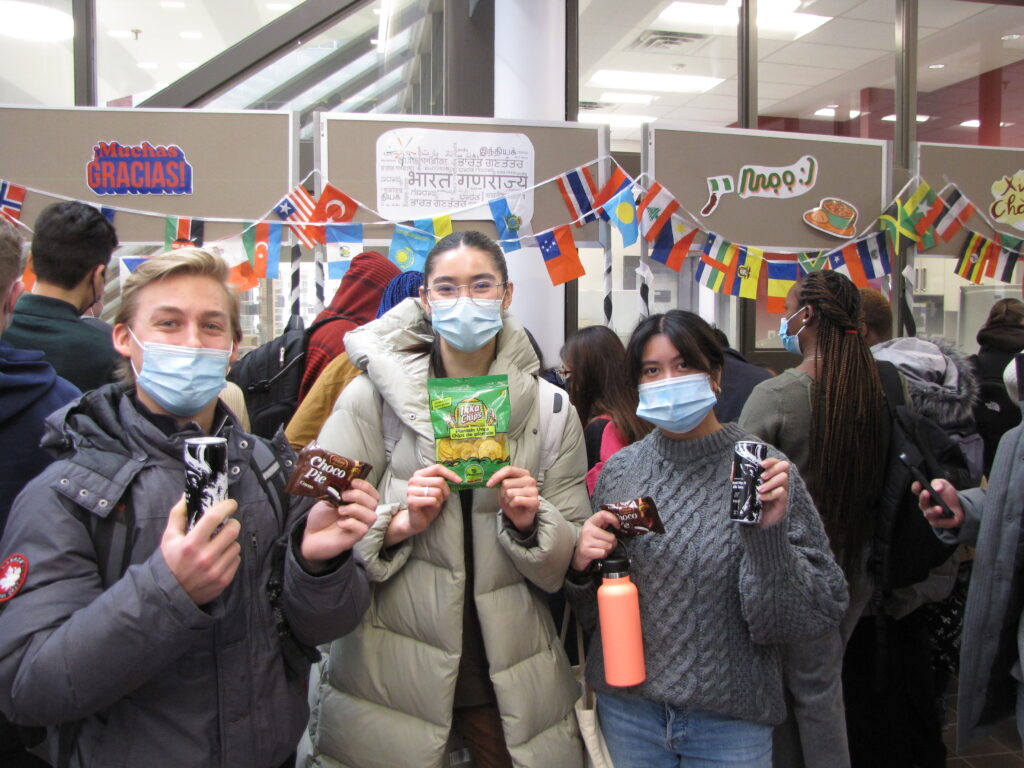After surviving the frigid weather this February, everyone is slowly counting down the days until the Spring season arrives—it is quite nice to still witness sunlight by five o’clock. Despite the freezing temperatures, students alike still attend school every day, wait for public transport, and make the most out of the semester break. A city favourite this time of year is Festival Du Voyageur, where Winnipegers can enjoy the largest winter festival in Western Canada and celebrate French-Canadian culture.
The month of February is a special one. It hosts many special occasions, such as Black History Month, Valentine’s Day, and Louis Riel Day for Manitobans. While the stress of midterms, the already fast-approaching exams, and securing your summer job for the year takes a heavy toll on students, it’s important to take some time—not only in February—to recognize the history that allowed us and our peers to reside on this land.
Earlier this month, I had a conversation with one of the CSA’s international student engagement co-chairs, Tuliyah Ngoma, about Black History Month and what it meant to her. As a black international student, her lived experiences are different from those issues that Black Americans often discuss. Tuliyah shared the article, “Is Black History Month Just For Black Americans?” by Shania Cooper, published on Lost in Translation, to delve further into this divide.
The article, in summary, discusses how it is crucial to showcase the voices of Black people in North America. However, if we only center the conversation of Black History just on reliving traumatic experiences, it not only becomes emotionally taxing for that sharing, but it leaves everyone helpless and unsure of what to do, as constant conversations are meaningless without actions to do better. It is essential to acknowledge the struggles and oppression that Black people have faced throughout history. It is equally important to highlight the successes and achievements of Black people outside of their struggles.
Black History Month started at its core because American historian Carter G. Woodson noticed little to no information on Black History and Black successes. This led him to the creation of the present-day Association for the Study of African American Life and History (ASALH). Initially celebrated in the second week of February, by 1976, it turned into a month-long event to amend the neglected contributions of Black people throughout history.
Shania Cooper further points out that a way to ensure Black History Month is more inclusive is to create opportunities for dialogue and exchange. To build bridges and foster understanding between different Black communities, and overall highlight the achievements and struggles of Black people from different countries.
To read the full article, you can visit the website here:
Asper Event Highlights
Tour De Commerce
Tour De Commerce is a full-day event where students choose different tours: Accounting, Finance, and a stream encompassing several majors and career tracks. The event begins with breakfast at the Drake Centre, then guided tours to the different company offices across Winnipeg. The day ended with Wine & Cheese at the beautiful Richardson International Kelburn Farms. This event takes networking beyond its traditional methods. The event intends for students to have meaningful conversations with professionals in local businesses and to do so in the actual environment where the professionals work.
RBC Mosaic
CSA x RBC Mosaic is a panel session moderated by the CSA’s Equity, Diversity, and Inclusion (EDI) Officer, Nicholas Lu. The session centers around the topics of the Power of Newcomers and Cultural Markets.
The event showcased students, RBC leaders, and professors at the Asper School of Business to openly discuss their lived experiences and what it means to be an employer/employee of choice in today’s labour market. The panellist provided insightful conversations about actionable items to make a more inclusive environment for everyone, followed by a Q & A session with the audience. A key takeaway of the event is to welcome the differences of others as student leaders and future leaders of business organizations.
Cultural Day
Culture Day at the Asper School of Business is a collaborated event by the CSA’s International Engagement Co-Chairs, Ha Nguyen and Tuliyah Ngoma, and the Association of International Management Students (AIMS).
This event celebrates multiculturalism at the Asper School of Business. Booths were lined up at Drake Centre with exciting challenges that tested the knowledge of students about specific countries. Games won were awarded tasty snacks from the originating country the trivia was answered. It was a fantastic event that promoted the wonderful international community within the Asper School.


